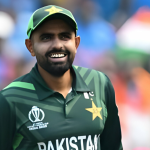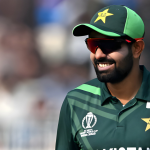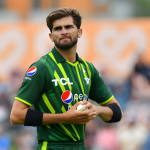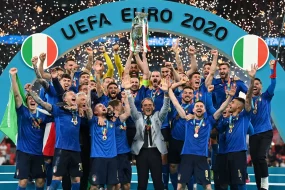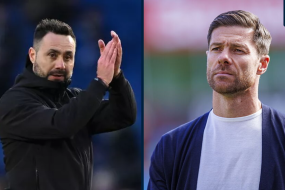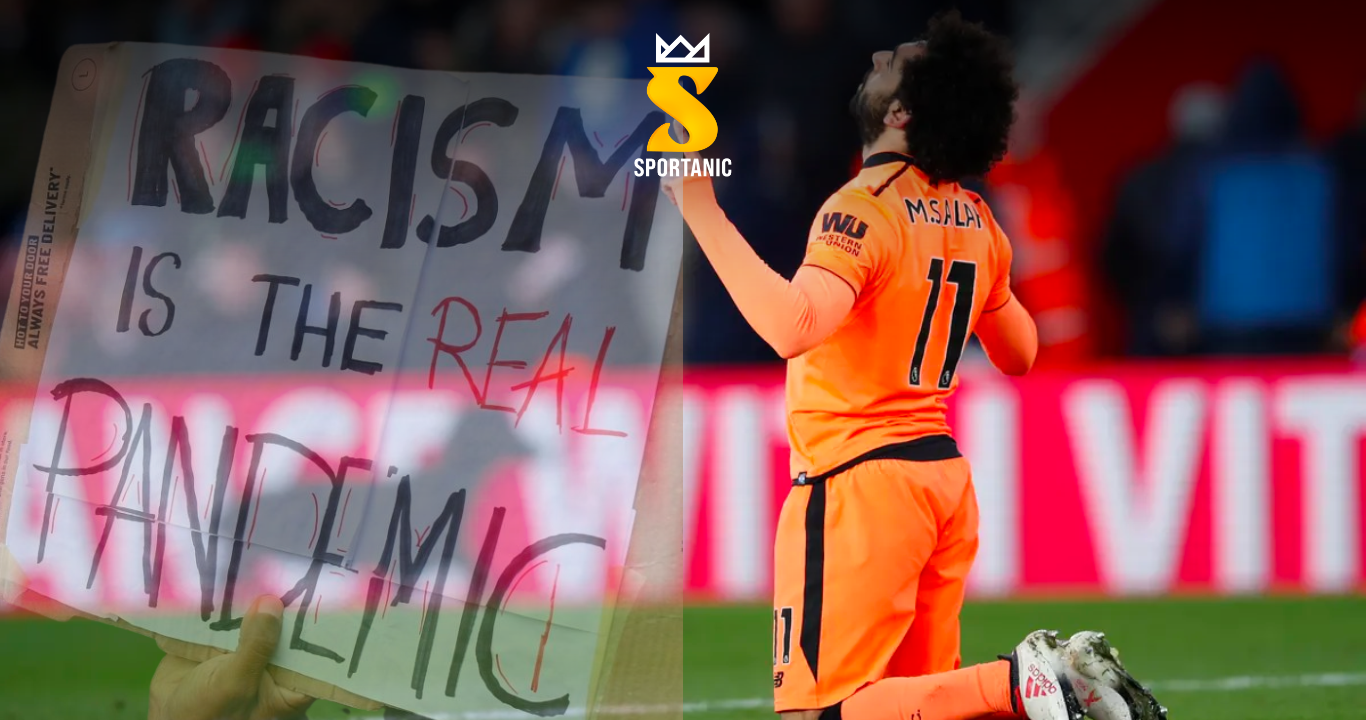
Introduction
The British football media is often under scrutiny for its portrayal of different communities, and there are often allegations of bias and racism. This article examines the British media’s coverage of the football world, specifically with regards to the Middle East and Islam. In particular, it will look at two case studies involving Middle Eastern investment in football clubs and the presence of Muslim players in the sport.
Middle Eastern Investment in Football Clubs
In recent years, there has been an increase in Middle Eastern investment in football clubs in the UK. The most high-profile example is the acquisition of Manchester City by Sheikh Mansour of Abu Dhabi in 2008. Since then, the club has become one of the most successful in the country, winning multiple Premier League titles and reaching the final of the UEFA Champions League in 2021.
However, the media’s coverage of Middle Eastern investment in football clubs has often been criticized for being biased and racist. One example is an article in The Sun newspaper in 2016, which described the takeover of West Ham United by David Gold and David Sullivan as “saving the club from the clutches of an Arab takeover.” The article went on to suggest that the Arab owners of other Premier League clubs were not committed to the sport and were only interested in making a profit.
This kind of coverage is problematic because it reinforces negative stereotypes of Middle Eastern investors as being only interested in making money and not caring about the sport. It also implies that non-Western investors are somehow less legitimate or trustworthy than Western investors. This kind of language can fuel xenophobia and racism, and it is important for the media to avoid it.
There is also the issue of the media’s double standards when it comes to reporting on different owners. For example, in 2018, the British football media praised American businessmen Josh Harris and David Blitzer for their investment in Crystal Palace, describing them as “shrewd investors” and “savvy businessmen.” However, when it comes to Middle Eastern investors, they are often portrayed as being only interested in the sport for the sake of their egos or for political reasons.
The media’s coverage of Middle Eastern investment in football clubs also often reinforces stereotypes of Arabs and Muslims as being wealthy and powerful. This can be seen in the way that the media often refers to Middle Eastern investors as “oil-rich sheikhs” or “Arab billionaires.” These descriptions reduce these individuals to their wealth and ethnicity and ignore their achievements and contributions to the sport.
Newcastle United has had a notable influence on British football media due to its Muslim ownership. The club was purchased by Saudi Arabia’s Public Investment Fund in 2021, making it the latest addition to a growing list of football clubs owned by Middle Eastern investors. The acquisition has generated significant controversy, with some arguing that the Saudi government’s human rights record and its alleged involvement in the murder of journalist Jamal Khashoggi make it an unsuitable owner for a British football club. The Muslim ownership of Newcastle United has sparked debates around the relationship between sport, politics, and global power dynamics, with many questioning the ethical implications of such investments.
But if we take into account the playing dynamics, we cannot say that those Arab lads failed at achieving something. Newcastle have recently played Carabao Cup final against Manchester United. This means that the investement of Arabs and Muslims didn’t go in vain and eventually the credit goes to the owners and management.
The Representation of Muslim Players in the British Football Media
Muslim football players are a significant presence in the sport, with more than 40 players in the Premier League alone. Despite this, the media’s representation of these players is often problematic. In some cases, they are portrayed as having divided loyalties, being more committed to their religion than to their team. This can be seen in the coverage of Muslim players who choose to fast during Ramadan, a month of fasting and spiritual reflection for Muslims. While many players who observe Ramadan are able to continue playing at the highest level, some media outlets have suggested that it is a hindrance to their performance and a distraction to their team.
Another issue is the media’s tendency to focus on the religious beliefs of Muslim players and make it a defining aspect of their identity. In some cases, this can be seen as exoticizing or stereotyping these players. For example, when Saudi Arabian player Fahad Al-Muwallad joined Levante in Spain, the media’s coverage of him focused almost exclusively on his religion and culture, rather than his footballing ability.
Islamophobia in the British Football Media
Islamophobia is defined as prejudice or discrimination against Muslims, based on their religion or perceived religious identity. The media has been accused of perpetuating Islamophobia by promoting negative stereotypes of Muslims and perpetuating fear and distrust of the religion.
The media’s coverage of Muslim football players can sometimes reinforce negative stereotypes and contribute to Islamophobia. For example, in 2018, The Sun newspaper published a front-page article about Liverpool player Mohamed Salah, which claimed he was “a devout Muslim who prays five times a day” and was “shunning the club’s sponsors because of their links to gambling.” The article was criticized for its Islamophobic tone and for implying that Salah’s religious beliefs made him somehow less committed to his team.
There have also been incidents of Muslim players being subjected to racist abuse from fans. In 2021, Arsenal player Bukayo Saka was targeted with racist comments on social media after missing a penalty in the European Championship final against Italy. The abuse included references to his Muslim faith, and it sparked widespread condemnation from fans and players alike.
The media’s coverage of these incidents can also contribute to Islamophobia by downplaying or excusing racist behavior. For example, in the aftermath of the abuse directed at Saka, The Times newspaper published an article which suggested that the abuse was not necessarily racist, but rather a reflection of a broader trend of abuse towards all players on social media.
The Impact of Islamophobic Media Coverage
The media’s Islamophobic coverage of Muslim football players can have serious consequences. It can contribute to the normalization of prejudice and discrimination, and can create a climate of fear and mistrust towards Muslims. This can be particularly harmful for young Muslim players who may feel excluded or unwelcome in the sport.
Research has shown that Muslim football players are more likely to experience discrimination and abuse on the field than their non-Muslim counterparts. This can take the form of racist taunts and slurs, as well as physical violence. The media’s negative portrayal of Muslim players can contribute to this kind of behaviour by perpetuating stereotypes and encouraging negative attitudes towards the religion.
Also Read:

